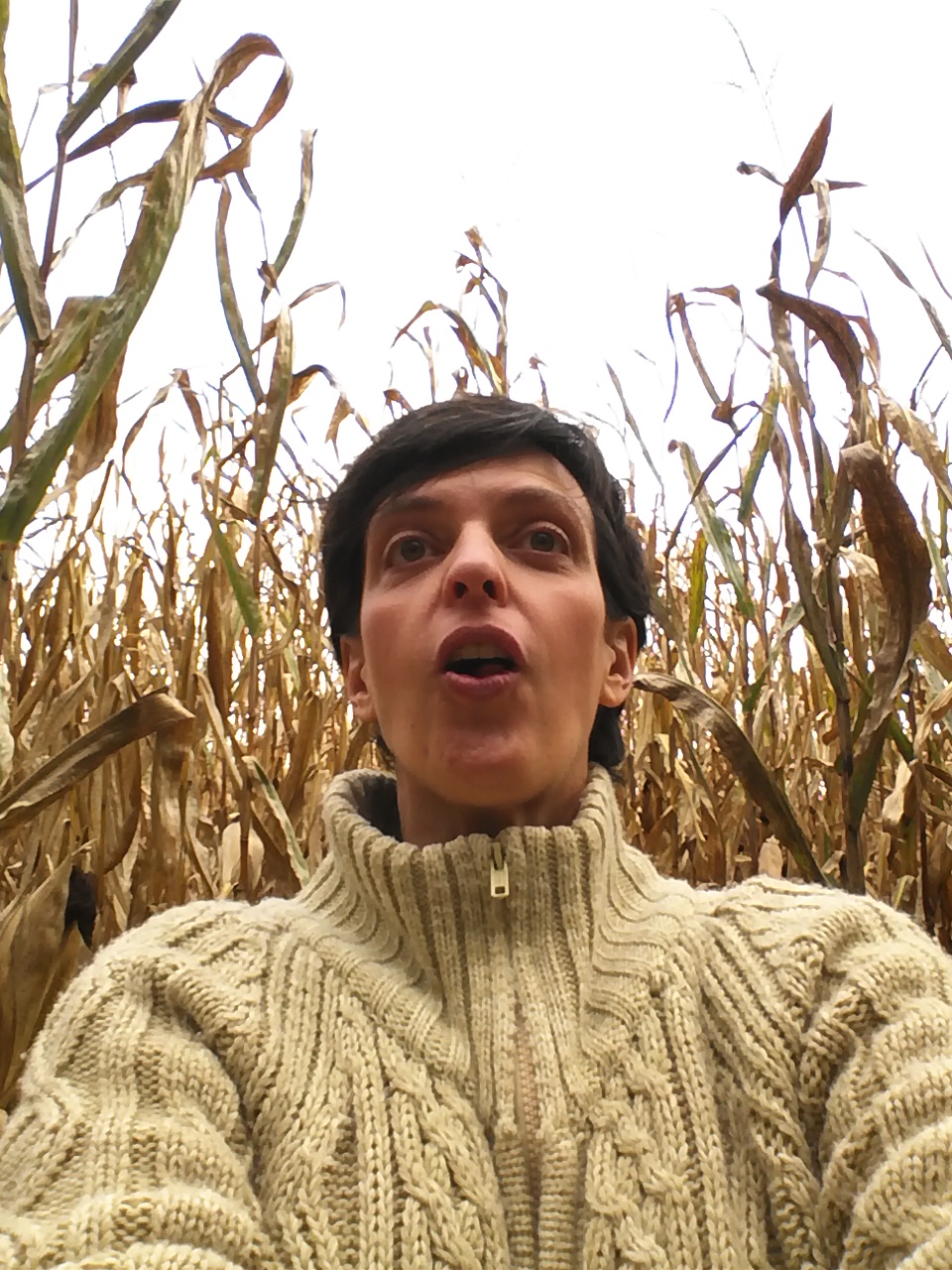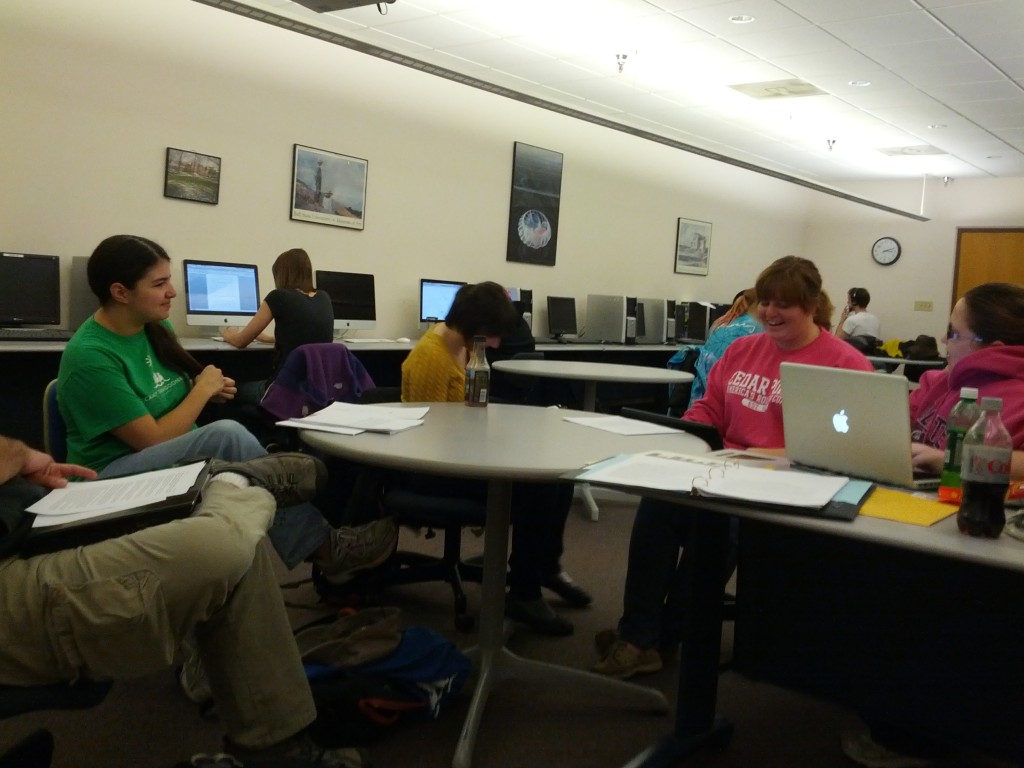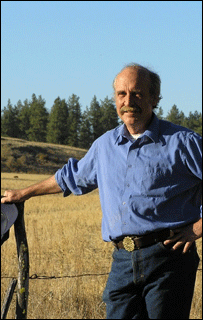A few weeks ago, I started thinking out loud about my new job. Here’s part two of my thoughts on the subject.
Don’t all 46 year old professionals wonder if they’ve made the right life choices?
Becoming a bureaucrat
For the last few years, I’ve been able to translate my teaching and writing into interesting blog posts for you, faithful readers.
But I don’t know if you’re that interested in what I did on Friday:
- Inputted the schedule requests from four different academic areas in my department into a grid.
- Approved some course equivalencies for a young woman studying abroad.
- Met with an advisee who doesn’t know what to do with his life.
- Met with an prospective student who knew exactly what to do with her life.
- Proofread upcoming blog posts.
- Tried to find people to teach unassigned classes or cancel them. Why are they unassigned? I can’t talk about it.
- Answered 50 emails about lots of different things I can’t talk about.
Basically, I’m a bureaucrat.








